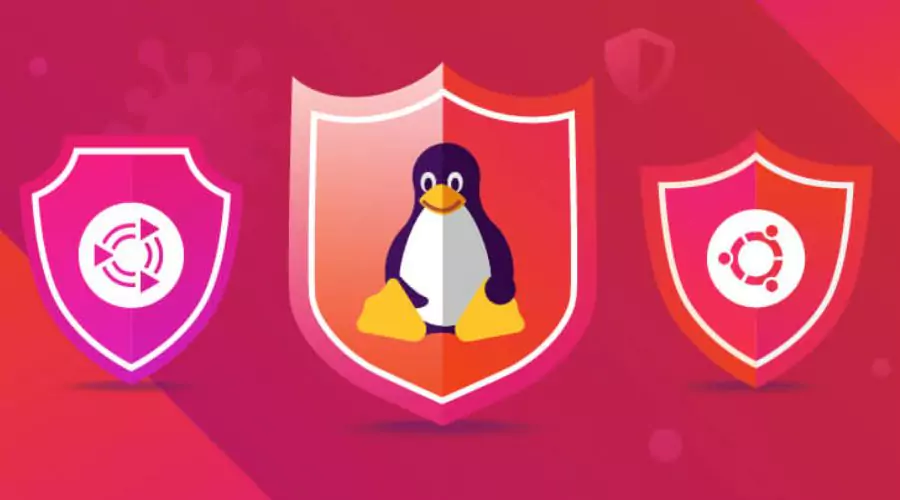Although each of the best Linux antivirus programs on this list has a malware-detection engine of its own, it is the features that make the additional cost worthwhile. The best Linux antivirus provider might provide a free program, a basic paid one, a program with added features at the midrange price point, and ultimately a premium one with all the bells and whistles. In addition to them, you can also find antivirus programs for Mac and Android devices. Continue reading to know more about the top encrypted Linux antivirus.
Here is a list of top secure Linux antivirus:
1. Surfshark
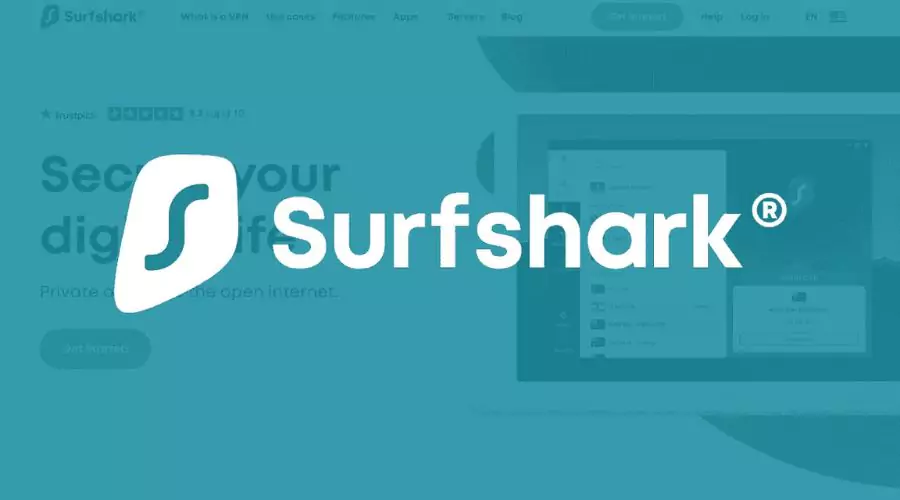
Surfshark stands out because it offers comprehensive security. You can do this using a Virtual Private Network (VPN), a secure search engine, and data breach surveillance.
Many scanning options are available for the antivirus, including rapid, complete, planned, and drag-and-drop item scans. Real-time protection is also now accessible on Windows and macOS with the Android app.
Also Read : 5 Free USA VPNs to Get in 2023: A Complete Guide
2. Rootkit Hunter
For POSIX-compliant computers, Rootkit Hunter is a free and open-source security tracking and evaluation application. It is accessible for FreeBSD and Linux. It is a scanner for all dangers to a Linux system, including backdoors, rootkits, and local attacks.
It is easy to use, command-line based, and has comprehensive examination capabilities. It compares SHA-1 hashes to find harmful entries. It is adaptable and works with the majority of UNIX-based systems.
3. Bitdefender Antivirus Plus
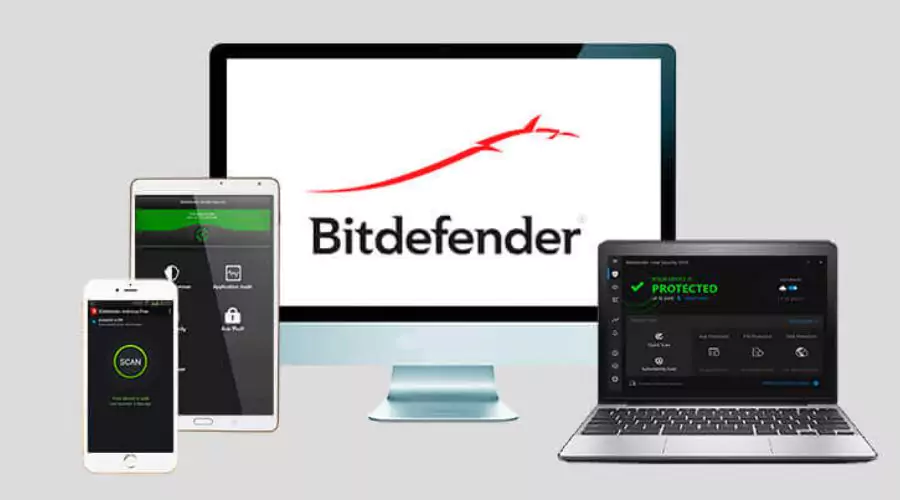
Our top pick for entry-level best Linux antivirus software is Bitdefender Antivirus Plus. Although the impact of its active checks on the background system is minimal, the background load is still somewhat high.
With capabilities typically only found with more expensive antivirus packages, such as an infinite password manager, a safe browser, a Wi-Fi network detector, a defense against encrypting ransomware, and Bitdefender’s web-privacy software, it also delivers the most value.
4. McAfee
Although McAfee’s malware detection has significantly improved over the last few years, it still needs to be at the top of the game. Despite this, the McAfee AntiVirus Plus entry-level program is inexpensive. Software for up to ten devices, running Windows, macOS, iOS, or Android, may be purchased for $60 per year. The best Linux software includes a file shredder and a two-way firewall.
5. Sophos Home Premium

Sophos Home Premium fulfills its job efficiently and affordably by providing adequate malware protection. Sophos Home Premium lacks many features other security suites include, such as a password manager, prevention of identity theft service, or VPN service, because it is a spinoff from Sophos’ corporate product for business clients.
The basic features are included in Sophos Home Premium, including ransomware rollbacks, webcam defenses, and security against keyloggers, rogue websites, boot-sector malware, and file-less malware. Additionally, it contains a parental web filter system and an online administration dashboard where you may change most of the settings.
6. ClamAV
One of the options for the best Linux antivirus software for Linux is ClamAV. It is an open source that efficiently finds and deletes trojans, malware, and viruses, just like the others on the list thus far. The antivirus program also offers mail gateway monitoring. Use is provided without charge. With the use of its command-line interface, it gives sophisticated users better control and scans specific files. Real-time and Mail gateway scanning are supported.
7. Chkrootkit
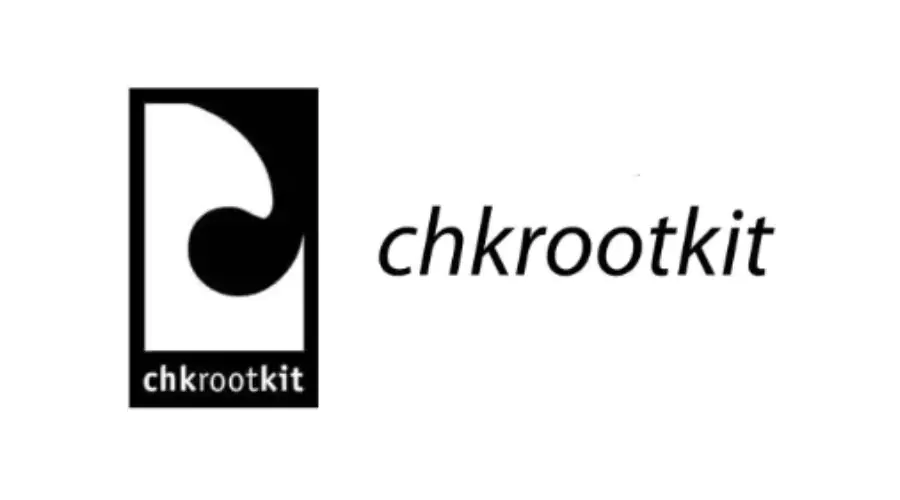
A well-liked, free tool for finding rootkits is chkrootkit. In system binaries, it searches for recognized signatures. It can be executed by cron or on demand. The best Linux antivirus application also has an expert mode that searches for suspect strings rather than rootkit signatures. The program comprises a lengthy and intricate shell script that invokes numerous other tools included in the package. Rootkit Hunter, another free and well-liked rootkit program, is no longer being maintained. Stop using it right away. Time to look for a replacement.
8. Nessus
A trustworthy, expert vulnerability scanner is Nessus. It was initially an open-source, free tool, but in 2005, that changed. At the moment, only educators, students, and people just starting their cybersecurity professions can use it for free. The maximum number of Internet Protocol (IP)-addressed systems that can be used with this edition is 16. The annual license fee for Nexus Pro’s corporate edition is $3,390. You can locate and address system vulnerabilities with Nessus, which helps you concentrate on software bugs, configuration errors, and missing updates. It functions via a clear, user-friendly web-based user interface.
9. Avast Core Security
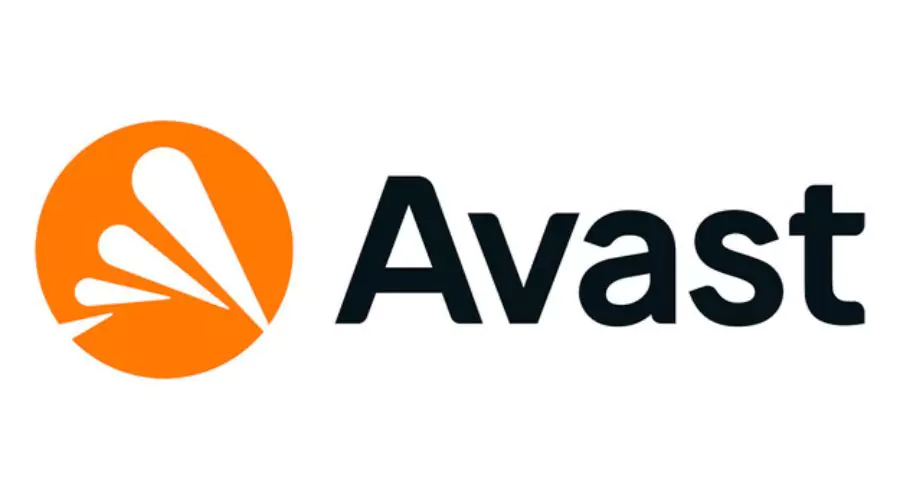
According to the AV test, Avast Core Security has met the requirements for the best Linux antivirus programs. It is compatible with the 32-bit and 64-bit software architectures of the Linux and Ubuntu distributions. For server, network, and core security all in one place, Avast Core is preferred. This best Linux antivirus program offers a free trial edition superior to its cost-free competitors.
The Bottom Line
Linux operating systems are generally stable and secure, however, they can not be safe from dangers. Malware and viruses can affect any computer system, including Linux-based operating systems. However, compared to threats for Windows or OS X, the number of critical threats to Linux-based operating systems is still far fewer.
As a result, we must safeguard our best Linux antivirus against numerous dangers, such as viruses, which can spread through channels, including malicious code, email attachments, dangerous URLs, and rootkits, to name a few. For more information on secure Linux antivirus, you can follow Surfshark and the official website of Savewithnerds.




